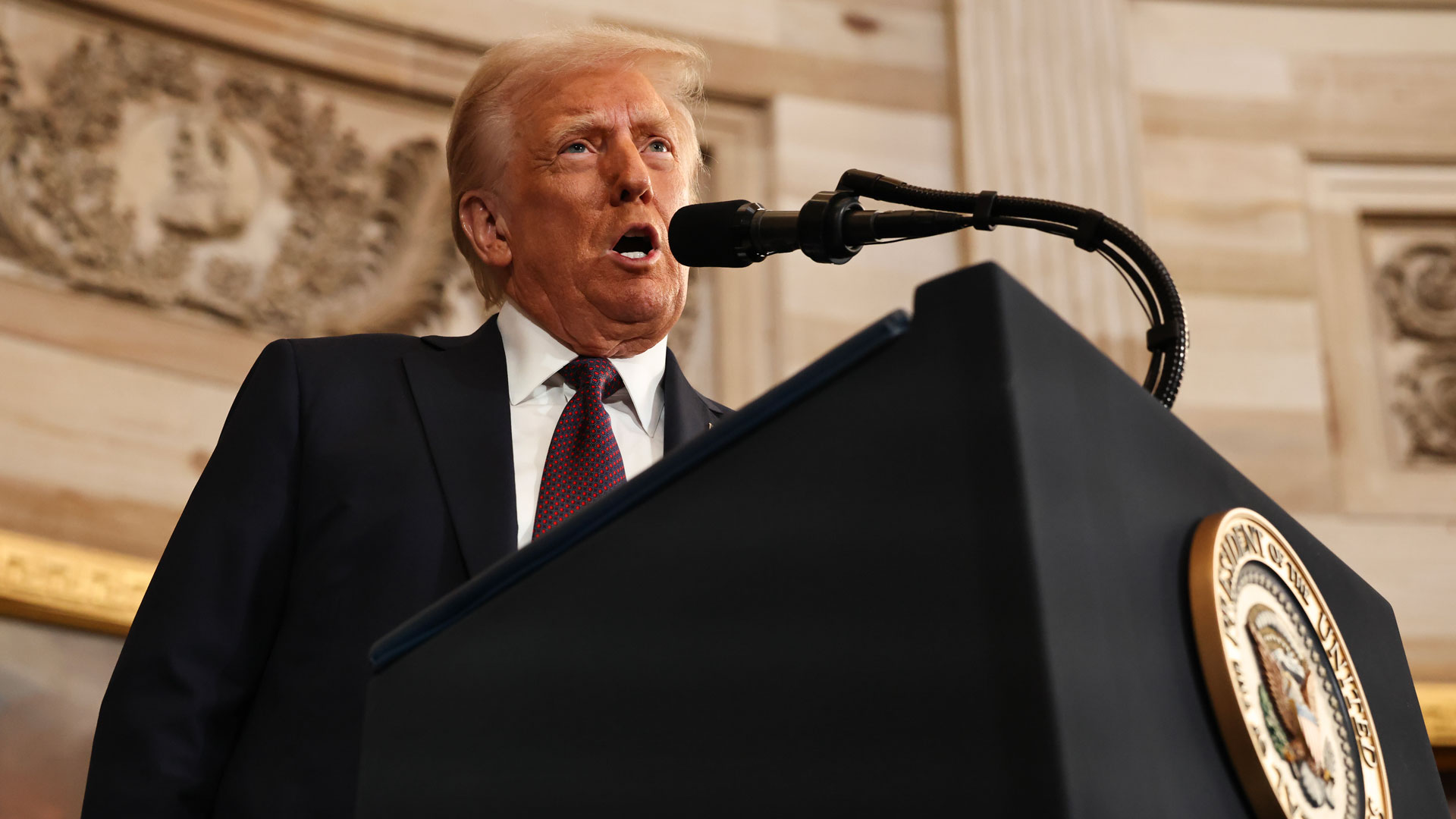Trump threatens tariffs against any foreign nations taxing US tech giants
Tax big tech and face tariffs, Trump decrees

- Countries that tax US tech companies could face Trump tariffs
- DSTs come under fire by Trump in new memorandum
- Only the US can tax US tech companies, Trump argues
US President Trump has alluded countries that try to tax US based tech companies could face extra tariffs.
In the run up to the recent US election, Meta CEO Mark Zuckerberg called on Trump to stop the European Union from levying fines on US companies for violating data privacy and antitrust regulations.
In a recent memorandum, the President stated, “My Administration will not allow American companies and workers and American economic and national security interests to be compromised by one-sided, anti-competitive policies and practices of foreign governments.”
Tax or tariffs
Digital services taxes (DSTs) are one of the targets of Trump’s memorandum, of which the President has long been critical. DSTs were introduced to prevent tech companies from making profits in one country and collecting said profits in another country with more lenient taxation.
As The Register states, Netflix subscriptions were paid to a Netflix entity registered in the Netherlands, despite the users paying for their subscriptions from all over the world, thus dodging the taxation that would usually be paid for the economic activity generated in the user’s country.
“American businesses will no longer prop up failed foreign economies through extortive fines and taxes. All of these measures violate American sovereignty and offshore American jobs, limit American companies’ global competitiveness, and increase American operational costs while exposing our sensitive information to potentially hostile foreign regulators,” Trump’s memorandum states.
The Biden administration also was not a fan of DSTs, with the UK, Europe, and India dropping some of the DST regulations rather than facing 25% tariffs. DSTs were originally implemented as a temporary stop-gap alternative to the Organisation for Economic Co-operation and Development’s (OECD) wider plan to reduce tax-avoidance loopholes.
Are you a pro? Subscribe to our newsletter
Sign up to the TechRadar Pro newsletter to get all the top news, opinion, features and guidance your business needs to succeed!
However, as many top US tech companies continue to avoid paying any taxes at all despite generating record profits, the OECD has been largely ineffective in its purpose, and any country attempting to levy taxes against US tech companies will face Trump’s wrath.
You might also like
- These are the best business VPN
- Take a look at our guide to the best password manager for families
- US lawmakers want Trump to call out UK Apple iCloud encryption backdoor demand

Benedict has been writing about security issues for over 7 years, first focusing on geopolitics and international relations while at the University of Buckingham. During this time he studied BA Politics with Journalism, for which he received a second-class honours (upper division), then continuing his studies at a postgraduate level, achieving a distinction in MA Security, Intelligence and Diplomacy. Upon joining TechRadar Pro as a Staff Writer, Benedict transitioned his focus towards cybersecurity, exploring state-sponsored threat actors, malware, social engineering, and national security. Benedict is also an expert on B2B security products, including firewalls, antivirus, endpoint security, and password management.
You must confirm your public display name before commenting
Please logout and then login again, you will then be prompted to enter your display name.